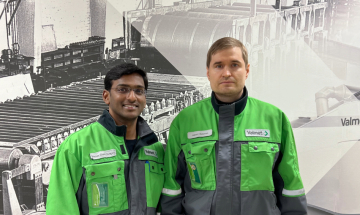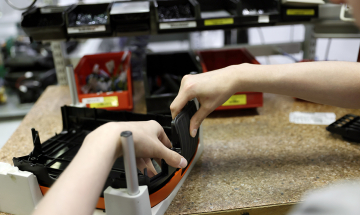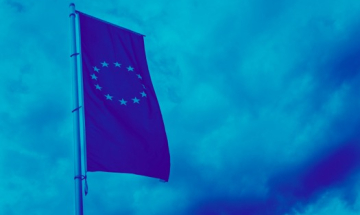Next leap for digital Finland & Estonia: Real-Time Economy
“This is a great leap forward for the private-sector cross-border pilots. Finnish-Estonian RTE pilots are a good starting point for reducing companies' administrative burden in all fronts,” says Director Jukka Viitasaari from the Federation of Finnish Technology industries (FFTI).
Estonia and Finland have digitised many processes, but this could be developed much further to increase speed of transactions, reduce labour intensity and dependence on manual steps.
“The real-time economy is a great example for entire Europe on how to radically innovate the business environment in a way that entrepreneurs can focus on their everyday activity in a cross-border manner,” says Anneli Heinsoo, the Chairman of the Board, Estonian Association of Information Technology and Telecommunications (ITL).
This autumn, a high-level steering group will be established to provide strategic guidance for the project. The short-term aim is to produce a White Paper of real-time economy by the first half of 2015. The Paper will estimate the actual economic benefits of RTE and necessary developments in cross-border legal and architecture frameworks.
RTE will give companies more possibilities to make business in fully digitalised environment. The examples of potential applications include various processes that simplify everyday transactions of entrepreneurs: easy signing of agreements, delivery documents or registering orders; real-time credit; real-time accounting and real-time reporting. RTE is based on high level of trust and transparency.
The Estonian-Finnish business environment already has the first components of real-time economy. For example, quick company establishment, user-friendly online business and land registers, electronic submission of annual reports, standards-based and automated e-invoices and widespread use of digital signatures. These elements, however, have to be fully integrated and automated. Next step is real-time interaction between databases, processes and systems to enable live services across enterprise and country boundaries.
RTE means that all business transactions are digital, automatically generated and completed in real-time. In other words, there is no need to isolate financing, accounting and reporting processes and their timing from each other – data flows are automatic. RTE boosts productivity, its core objective is to minimise latency and reduce physical and labour costs.
The letter of intent was signed in Helsinki by the executives of ITL and FFTI electronically using a cross-border e-signing and authentication service SignWise.
For further information:
Jukka Viitasaari, Director, FFTI, tel. +358 40 823 5507, jukka.viitasaari(at)techind.fi
Juha Saarnio, Head of Innovation Networks, FFTI, tel. +358 45 135 2688, juha.saarnio(at)techind.fi
Liia Ringo, Communication Manager, ITL, tel. + 372 56 659 699, liia.ringo(at)itl.ee
Anneli Heinsoo, the Chairman of the Board, ITL, tel. + 372 56 233 333, anneli.heinsoo(at)tieto.com
Estonian Association of Information Technology and Telecommunications (officially abbreviated as ITL) is a voluntary organization, whose primary objective is to unite the Estonian information technology and telecommunications companies, to promote their co-operation in Estonia's development towards information society, to represent and protect the interests of its member companies and to express their common positions. Main activities of the association include popularization of information and communication technology (ICT), promotion of vocational education and amendment of legislation.
Federation of Finnish Technology industries is the lobbying organization for technology industry companies. It promotes competitiveness and operational preconditions of this largest and most important export sector in Finland. Technology industry comprises five sub-sectors: electronics and electro technical industry, mechanical engineering, metals industry, consulting engineering and information technology industries. The sector accounts for 55% of total Finnish exports and 80% of Finnish R&D-investments. There are 290 000 directly employed in the sector, total employment effect is around 700 000. www.techind.fi


